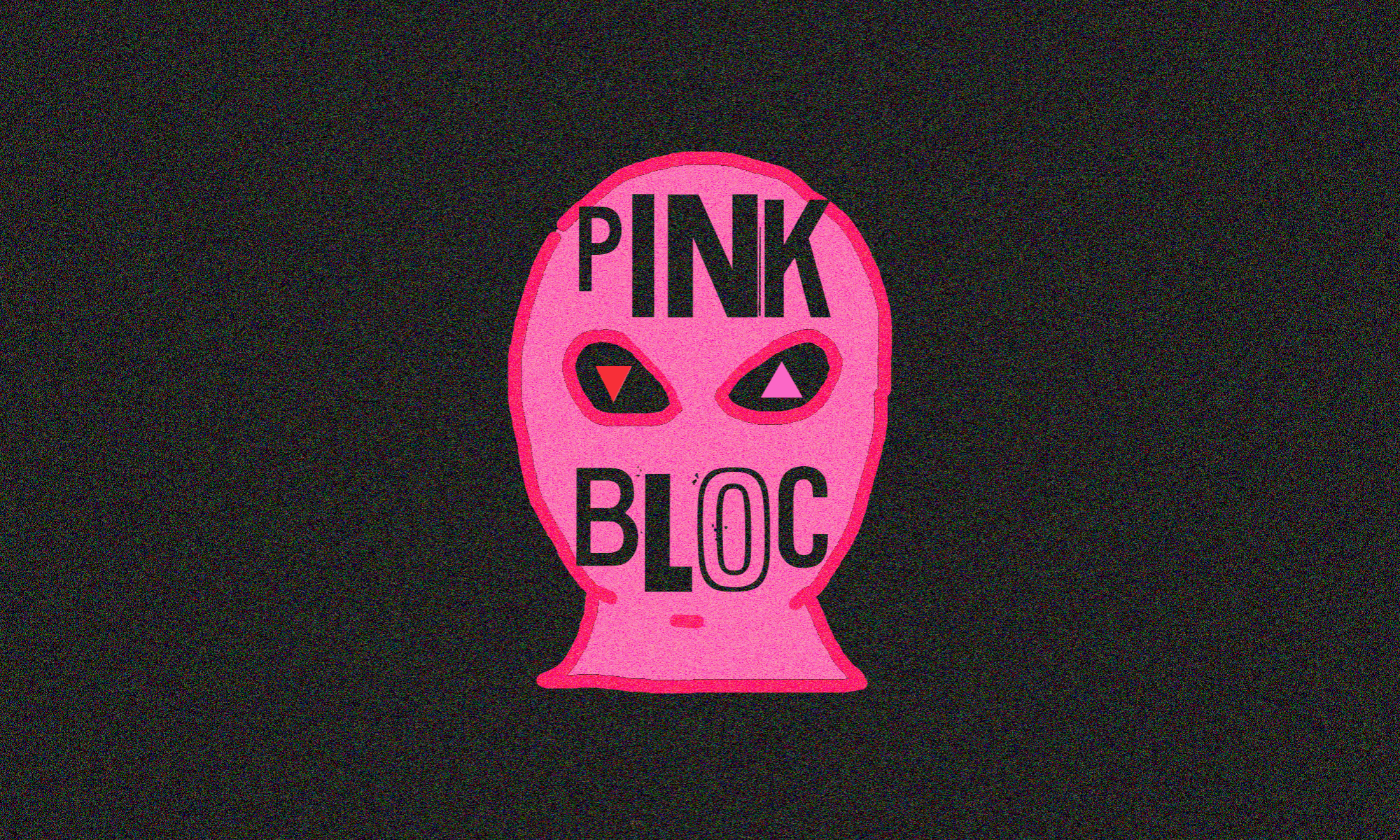the counter-rallies are both uplifting and upsetting. it feels powerful and strong to push back as a community against our own oppression. it can also be scary to face police and TERFs. here is some simple advice to help you if you haven’t had a lot of interactions with police before; and for ways we can care for each other at the protest and in the aftermath.
DON’T TALK TO COPS
don’t talk to cops. don’t answer their questions, don’t ask them for help. you don’t have to talk to cops just because they talk to you. anything you tell police will be used against you or against your fellow protesters.
don’t allow the cops to bait you into talking by seeming friendly, by threatening you, or by any other means. cops will lie or act a particular way to get information out of you.
information about the protest plans should only be shared with people you know and trust. there is no reason to tell a council worker or yarra trams driver about your protest plans, either; they will immediately tell the police.
note: sometimes, the police will threaten you by saying things like, ‘if you walk away right now we will arrest you.’ this still doesn’t mean you have to answer their questions.
if the police are demanding your details and you don’t understand why, try to stay calm and remember: in a designated area, you are not required to give your details unless you are being submitted to a strip search, or unless the police believe you have just, or are about to, commit a ‘crime.’ you don’t have to give them your name and address just because they asked you to. you are not required to give them your phone number or email address.
IF YOU ARE ARRESTED:
“no comment”
if arrested, the only information you “have to” provide is your name and address. the police may attempt to interview you, or ask you questions to get information out of you another way. you do not need to provide your phone number, email, or date of birth. request to speak to a lawyer (the law firm stary norton usually have an out-of-hours phone available).
answer everything else with silence or “no comment.”
if arrested, you do not have to consent to having your photograph taken. say “I do not consent.”
your phone is a snitch. police can and will use your phone to track your location.
if you are arrested and you have your phone with you, police may confiscate your phone and demand that you give them your passcode. do not give your passcode, even if they say you ‘have to’ give it or that they will charge you if you don’t.
FILMING AND PHOTOGRAPHING
do not take footage of people protesting without their permission.
be wary of news broadcasters and ‘independent’ journalists who take footage of protests as well: people in our community have had footage from social media, as well as footage from mainstream and independent ‘news,’ used to pin charges on them after protests. don’t inadvertently snitch on your fellow queers by posting a video of them doing something at a protest.
FILMING POLICE INTERACTIONS
a lot of people have the urge to film police brutality as it is occurring. this can be handy, if your pal needs their own footage of what happened to them. if you are doing this, your number one priority is protecting the privacy of the protester/victim. do not post the footage online. it will be used by police to identify and potentially charge the person. you can instead send it to MALS (melbourne activist legal service) who will keep it in their archive; or, if you get an opportunity, ask the victim if they would like access to the footage.
if you have the urge to film police brutality, look around and ask yourself: “is anyone else filming? is filming the most helpful thing i could be doing right now? should i intervene or assist in some other way?”
someone who has just been arrested or police brutality’d doesn’t need five people’s perspectives of the same incident. there are many other ways we can support someone who is experiencing police violence.
DON’T BE A SNITCH OR A PEACE POLICER
if you think saw someone undertaking a protest action that you think is ‘illegal’ – no you didn’t. mind your business.
don’t put other people in danger of arrest or surveillance by pointing them out to police or otherwise drawing attention to what they are doing.
try not to fret about other protesters who are engaging in behaviours that you think might be ‘dangerous’ or ‘make the movement look bad.’
we don’t attend these protests to pander to mainstream media or the goodwill of the government.
we attend them to push back against oppression, fight against the colonial state, and protect each other.
being a model minority won’t protect you.
